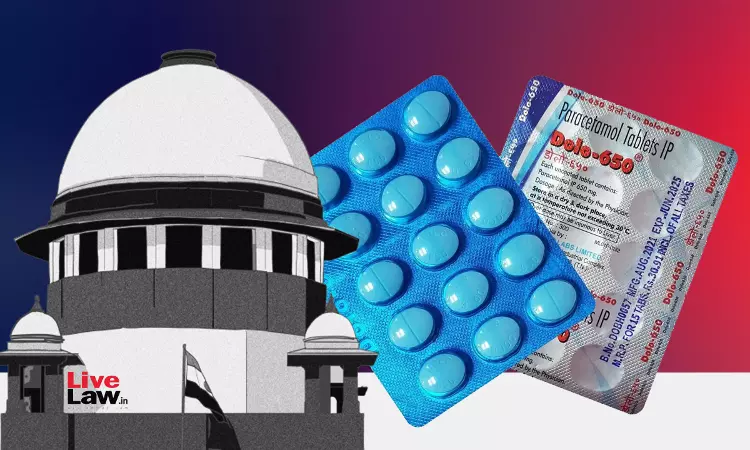Doctors Should Only Prescribe Generic Drugs Instead Of Brand-Name Medicines : Plea In Supreme Court
Awstika Das
19 Aug 2023 3:14 PM IST

Next Story
19 Aug 2023 3:14 PM IST
The Supreme Court on Friday has issued notice in a public interest litigation (PIL) petition seeking action and guidelines against medical practitioners who prescribe branded medicines to patients instead of more affordable generic drugs with the same active ingredients. The petition argues that healthcare professionals prescribing generic drugs could help ease the financial burden...
